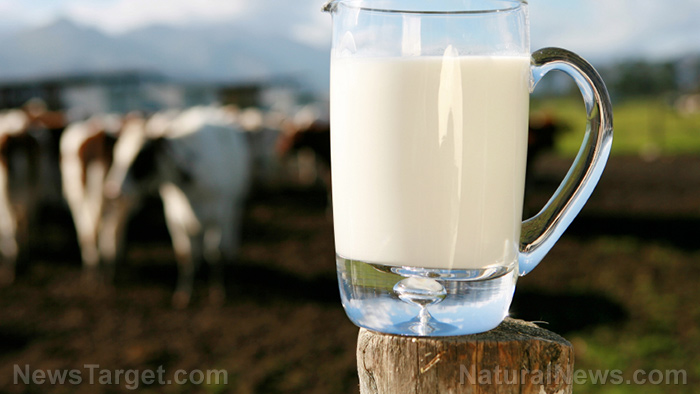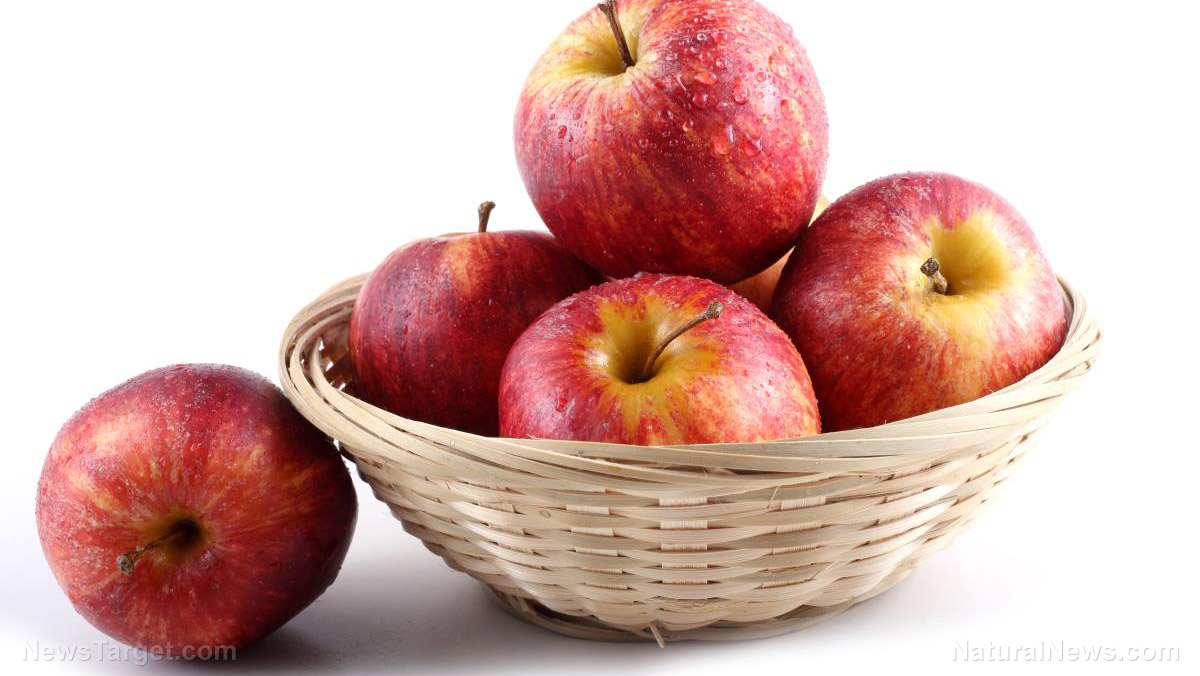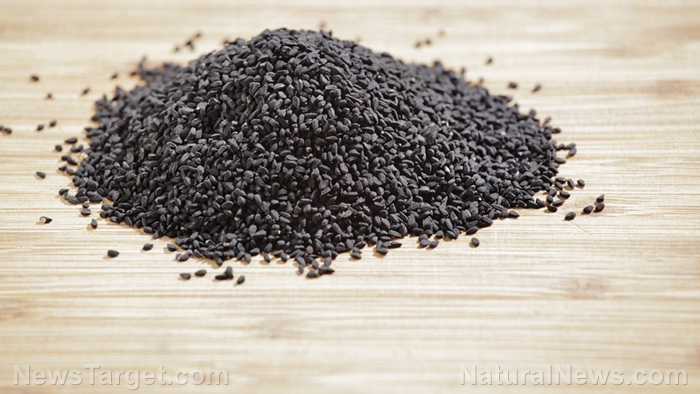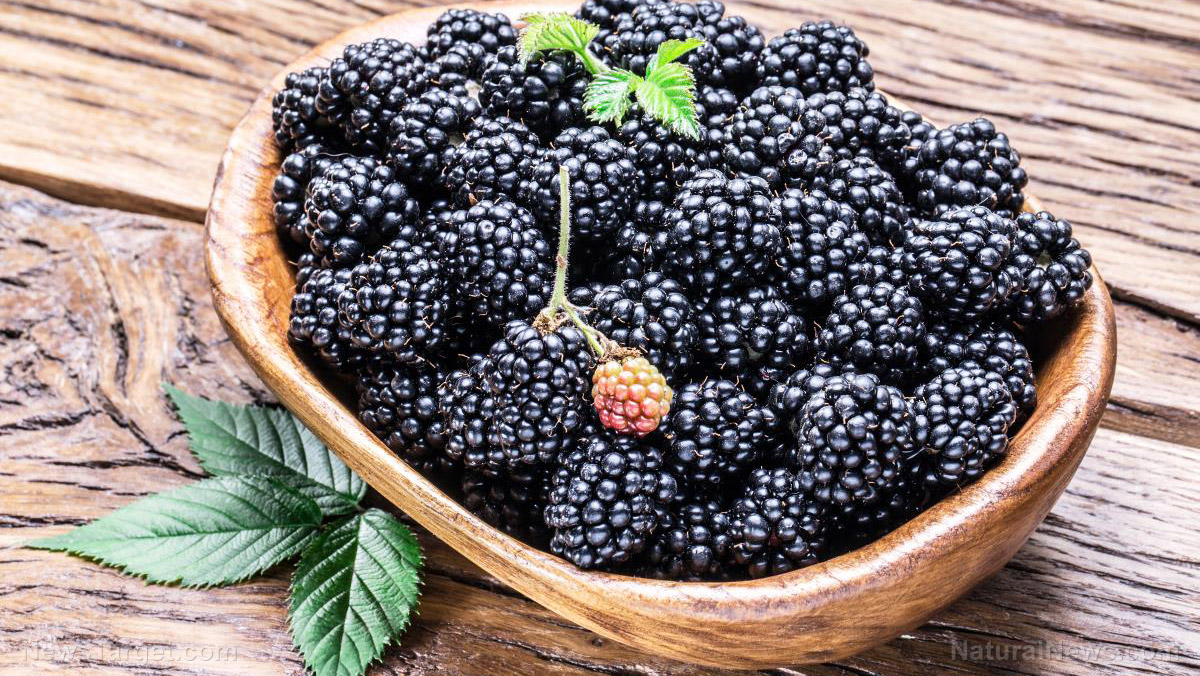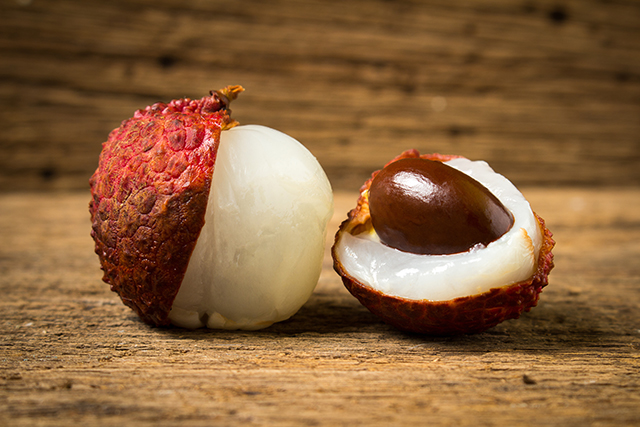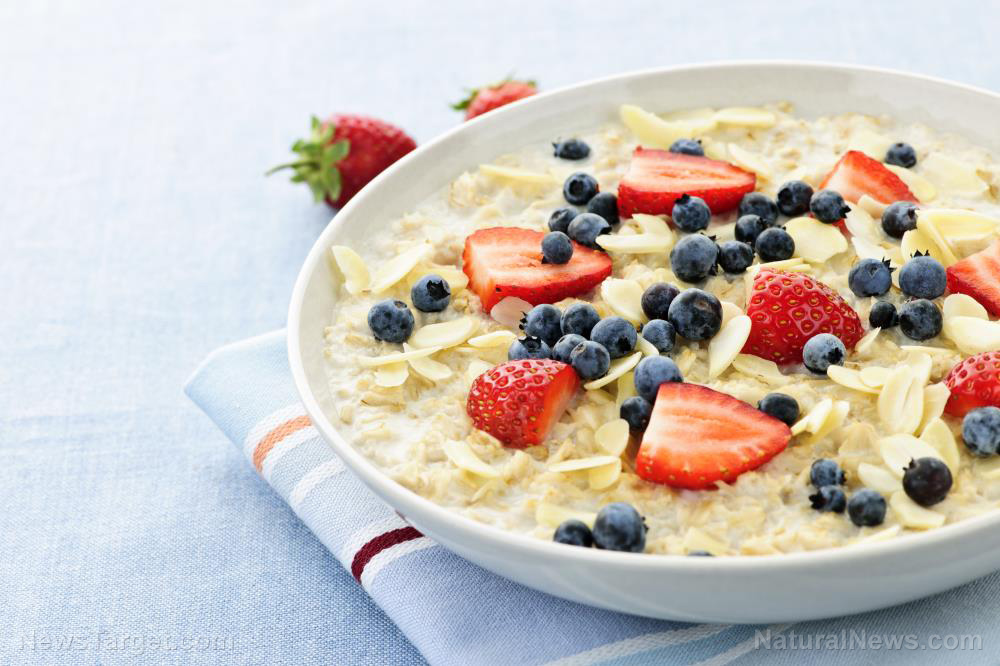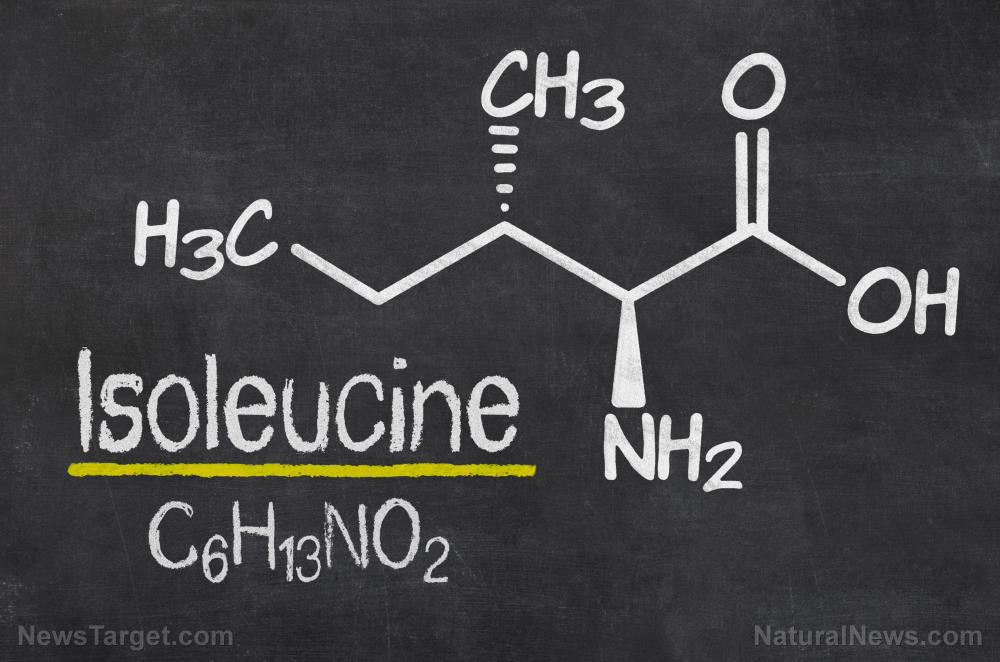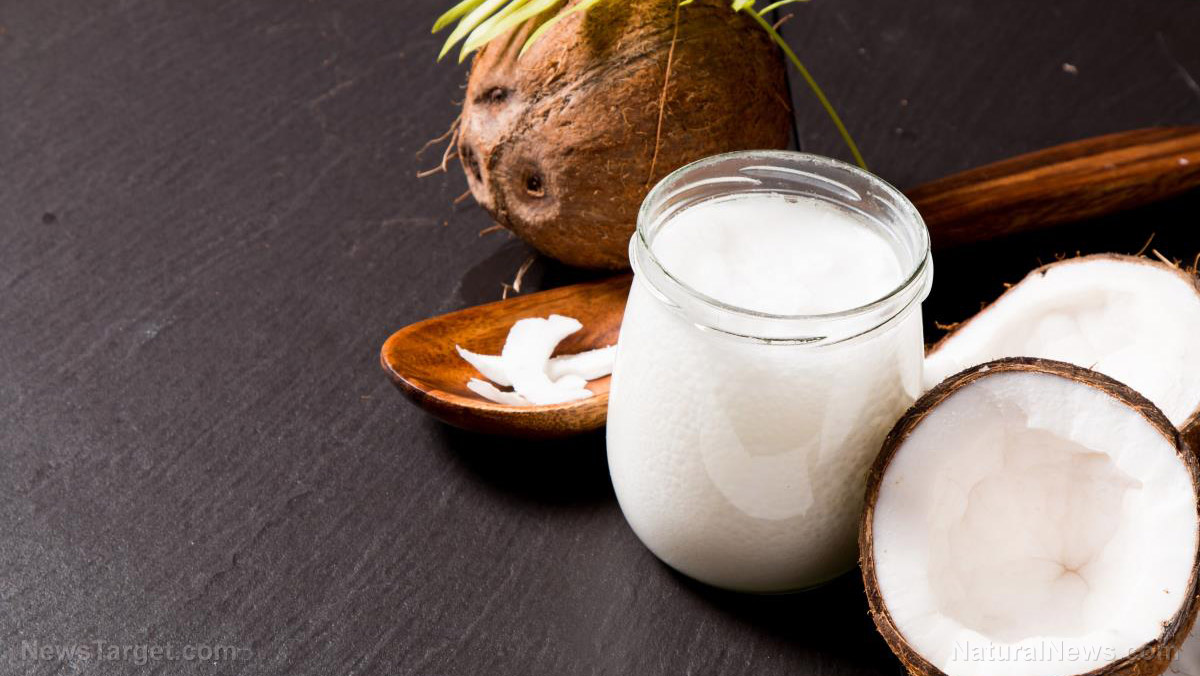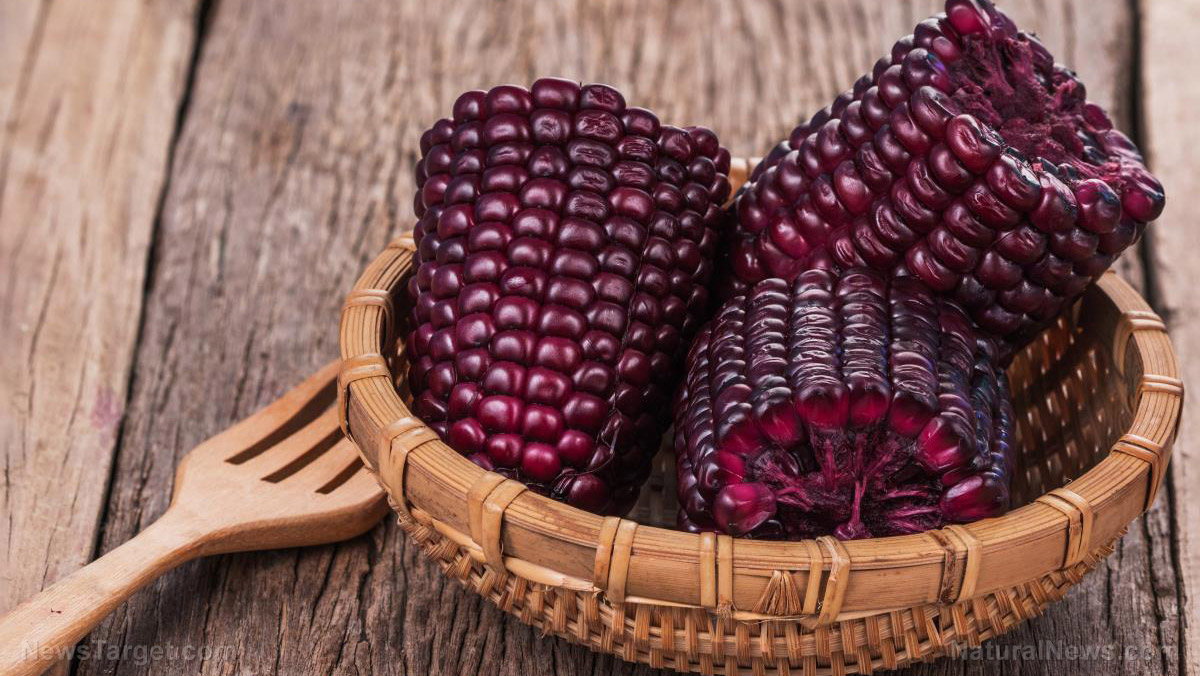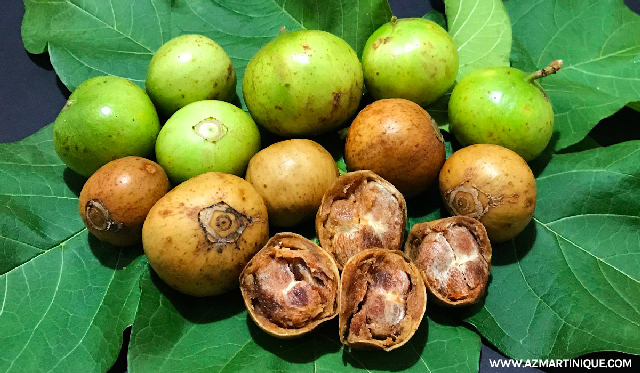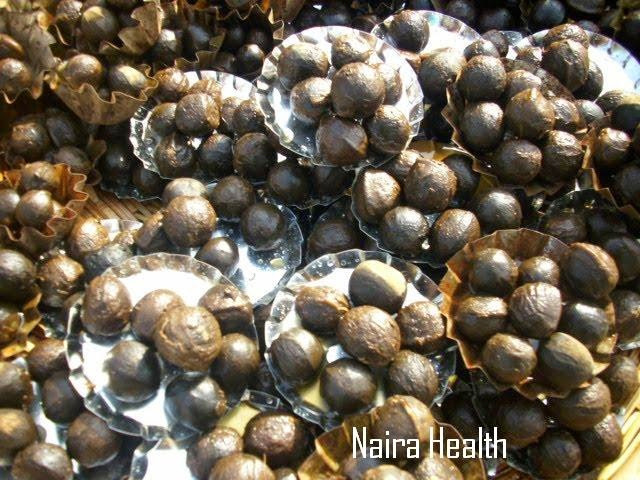Toddler-marketed milk drinks are NOT recommend by health experts
02/26/2018 / By Zoey Sky

A study published in the journal Preventive Medicine has looked into how U.S. policies and regulations can support clear and truthful labeling of toddler drinks, especially since international and U.S. health experts and pediatricians do not recommend them.
To help parents provide their toddlers with healthier drinks, the scientists involved in the study urged the Food and Drug Administration (FDA) to offer guidance or introduce regulations that will guarantee the proper labeling of toddler drinks.
Dr. Jennifer L. Pomeranz, assistant professor of public health policy and management at NYU College of Global Public Health, shares that the study must build on previous research which showed that manufacturers’ marketing practices could negatively impact “the diets of very young children.”
Toddler drinks, which are being sold for young children aged nine months to three years old, are available as two types of products: transition formulas for infants and toddlers nine to 24 months old) and toddler milk (for children 12 to 36 months old). While most toddler drinks are mostly made of powdered milk, corn syrup, or other added sweeteners and vegetable oil, they contain more sodium and less protein than cow’s milk. (Related: The grim reality of choosing baby formula over breast milk.)
The American Academy of Pediatrics (AAP) and the World Health Organization urge parents to make their toddlers (from age one) drink cow’s milk and eat healthy foods.
Data from earlier studies have determined that common marketing and labeling practices for infant formula can make parents think that they are healthier compared to breastfeeding. Companies also increased their advertising spending for toddler drinks in the last few years, leading public health experts to express their concerns about questionable claims and other labeling practices for toddler drinks.
Misleading labels include those that insinuate that these products are necessary for “toddlers’ growth and mental performance.” These products are also being offered as “a solution for picky eating.”
After conducting legal research on U.S. food label laws and regulations, the researchers determined that there are distinct policies for infant formulas. However, there is nothing specific to toddler drinks.
The scientists, who studied toddler drink packages from visited stores, collected and evaluated toddler drink packages. They also looked into nutrition labels and claims. The researchers determined that toddler drinks are called by different names, (e.g., “toddler formula,” “toddler drink,” “toddler milk,” or “milk drink”), which can confuse consumers.
The group of scientists confirmed that all toddler drink labels come with at least one health or nutrition claim, and nearly all feature multiple claims. Some drinks come with “scientific or expert support for the product.” This is misleading, especially since the AAP, which represents pediatricians, does not recommend toddler drinks.
Dr. Pomeranz, who is also the study’s lead author, explains that all product labels contained claims about nutrition and health. She adds that a lot of the claims about expert recommendations can convince caregivers that these products are “necessary and healthy.” This is a cause for worry since health experts don’t actually recommend them and there is no evidence that “they are nutritionally superior to healthy food and whole milk for toddlers.”
The researchers encourage the FDA to provide guidance or enforce regulations on toddler drink labeling. This could mean requiring manufacturers to include statements that encourage parents to consult a physician before use, including the proper health and nutrition claims, and making a distinction “between infant formula, transition formula, and toddler milks.”
The scientists also lobbied for manufacturers to revamp their labeling practices so parents can make informed decisions. Dr. Pomeranz concludes, “The FDA and manufacturers should work together to end the inappropriate labeling of toddler drinks and ensure caregivers have reliable information to nutritiously feed their children.”
Healthy food options for babies
Instead of giving toddlers milk drinks with misleading labels, feed your kids some of the fruits and vegetables listed below:
- Avocados – Avocados are full of healthy unsaturated fats that can boost brain development.
- Bananas – A good source of potassium, bananas also contain vitamins B6 and C, calcium, and iron.
- Blueberries – Blueberries are rich in antioxidants, and they are good for your baby’s “eyes, brain, and urinary tract.”
- Broccoli – This vegetable contains fiber, folate, and calcium.
- Prunes – Prunes are full of fiber.
- Sweet potatoes – Sweet potatoes are rich in beta-carotene, vitamin C, and minerals like iron and copper.
You can read more articles about fresh food for toddlers and tips on how to eat healthy at Fresh.news.
Sources include:
Tagged Under: FDA, food, Food and Drug Administration, food labels, formulas, health claims, infant health, milk drinks, milks, nutrition, toddler drinks, toddler milks, transition formulas

